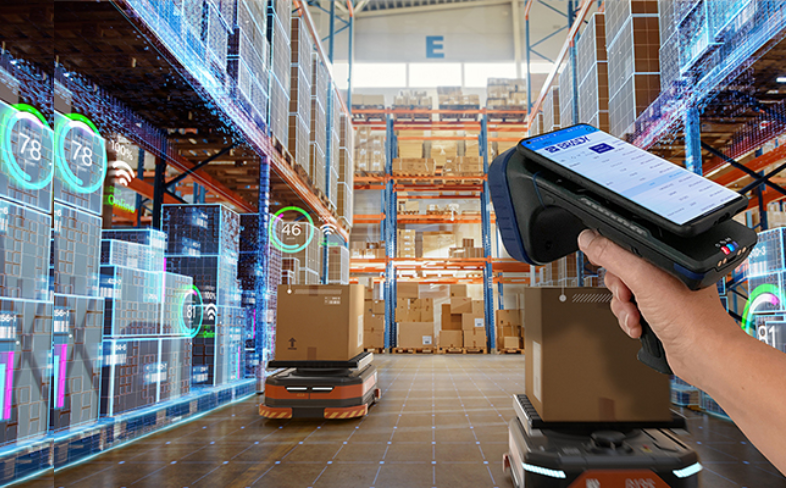Economic diversification, policy reforms, tax regimes and foreign direct investment (FDI) policies are shifting in favour of an open economy and encouraging private investment for the Saudi Arabian logistics sector, according to an analysis by Frost & Sullivan
The advent of technology and Saudi Arabia?s vision on economic diversification are creating opportunities across several industry sectors such as retail, eCommerce, healthcare and other non-oil-based industries.
Saudi Arabia is focusing on industrialisation and improving the transport infrastructure to become a transhipment hub.
According to the analysis, ?Saudi Arabia Logistics Industry?Growth Insights, Forecast through 2024,? the market is set to reach US$60.68bn by the end of 2024, driven by government initiatives in trade and industry promotion, development of economic cities, infrastructure development and economic diverseness.
In addition, the rail freight transportation is underutilised and the government is taking necessary steps by developing new rail lines and building better port connectivity to increase the usage.
Saudi Arabia is focused on diversifying from oil and increasing GDP contribution from non-oil sectors by developing economic and industrial cities. The recent initiatives on economic diversification have opened doors to industrial, retail and logistics players around the world by allowing 100 per cent FDI ownership.
Frost & Sullivan further analyses the important developments and trends related to economy and trade and the freight transportation, logistics and warehousing sectors in Saudi Arabia.
Some of the strategic imperatives for service providers include:
? Digitisation: Providers that adopt warehouse automation technologies, such as robots, automated storage retrieval systems (ASRS), augmented reality (AR) and sensors, can streamline operational processes and reduce operational costs, while also addressing shortages in the skilled workforce.
? Personalised service offerings: Deploying digital technologies such as data analytics and process automation aim to enable providers to focus on speed and cost, as well as provide a more personalised customer experience.
? Competitive environment success: To mitigate the competitive threat posed by unorganised transporters, service providers should pursue contracts with large organisations. In addition, providers can use competitive pricing to further penetrate into most industry segments.



























